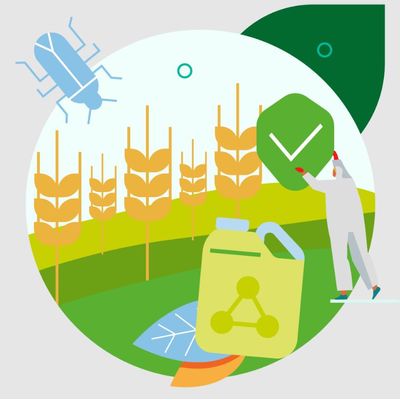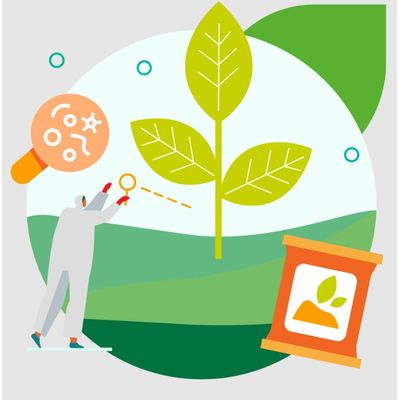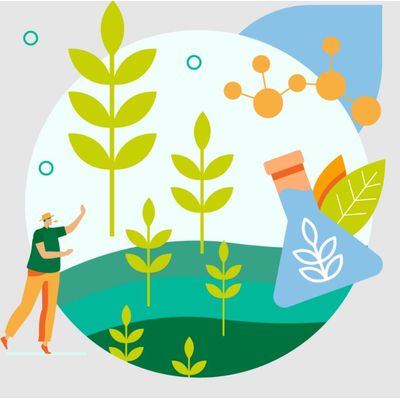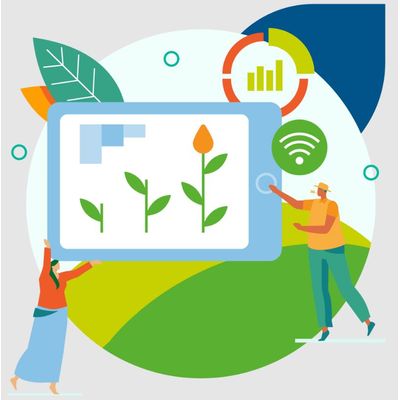

CropLife Europe
- Home
- Companies
- CropLife Europe
- Products
4 products found
CropLife Europe products
Conventional Pesticides
Conventional pesticides are products, often synthetic in nature, that farmers use to control pests, weeds, and diseases that can harm crops. When used responsibly, they help farmers grow more food. They are a core part of the Integrated Pest Management (IPM) approach to sustainable agriculture, where they’re used only as a last resort to save crops from pests and diseases. In recent years, there’s been a big decrease in their use and the risks they pose, thanks to a transformation in farming practices, with increased uptake of IPM, and new tools. Technology has also helped make these pesticides more environmentally friendly, reducing their impact on nature. We understand the need to decrease dependency on one solution to secure and protect yields.
Biopesticides
Biopesticides are a type of pesticide made from natural materials such as animals, plants, bacteria, and certain minerals. With growing societal demand for sustainable agriculture and food production, biopesticides offer promising alternatives to conventional pesticides. They have many potential advantages: they are often less toxic to non-target organisms and the environment; they break down more quickly in the environment, reducing the potential for residues; and they can also target specific pests, weeds or diseases more precisely, reducing the need for larger-spectrum pesticides.
Plant Biotechnology
For millennia, farmers have improved their crops and plant breeding is as old as agriculture itself. Farmers and scientists use many different techniques to benefit from a plant’s natural genetic diversity to produce plants with beneficial characteristics. Plant biotechnology allows scientists to pinpoint specific changes in a plant and develop new varieties with targeted desirable characteristics. This makes them better adapted to the effects of climate change and better protected against pests and diseases while ensuring food and nutritional security and increasing sustainability.
Digital and Precision Agriculture
Digital agronomy, which involves technologies like wireless remote monitoring, digital sensors, drones, and AI-driven analysis, assists farmers in using pesticides, fertilizers, and water efficiently while ensuring good crop yields. These technologies also allow real-time data collection, which can be used in digital systems and shared, enabling farmers to make well-informed decisions about managing their fields. By embracing digital tools in food production, farmers can optimize their resources without sacrificing their crop output. The potential benefits are highly promising.




